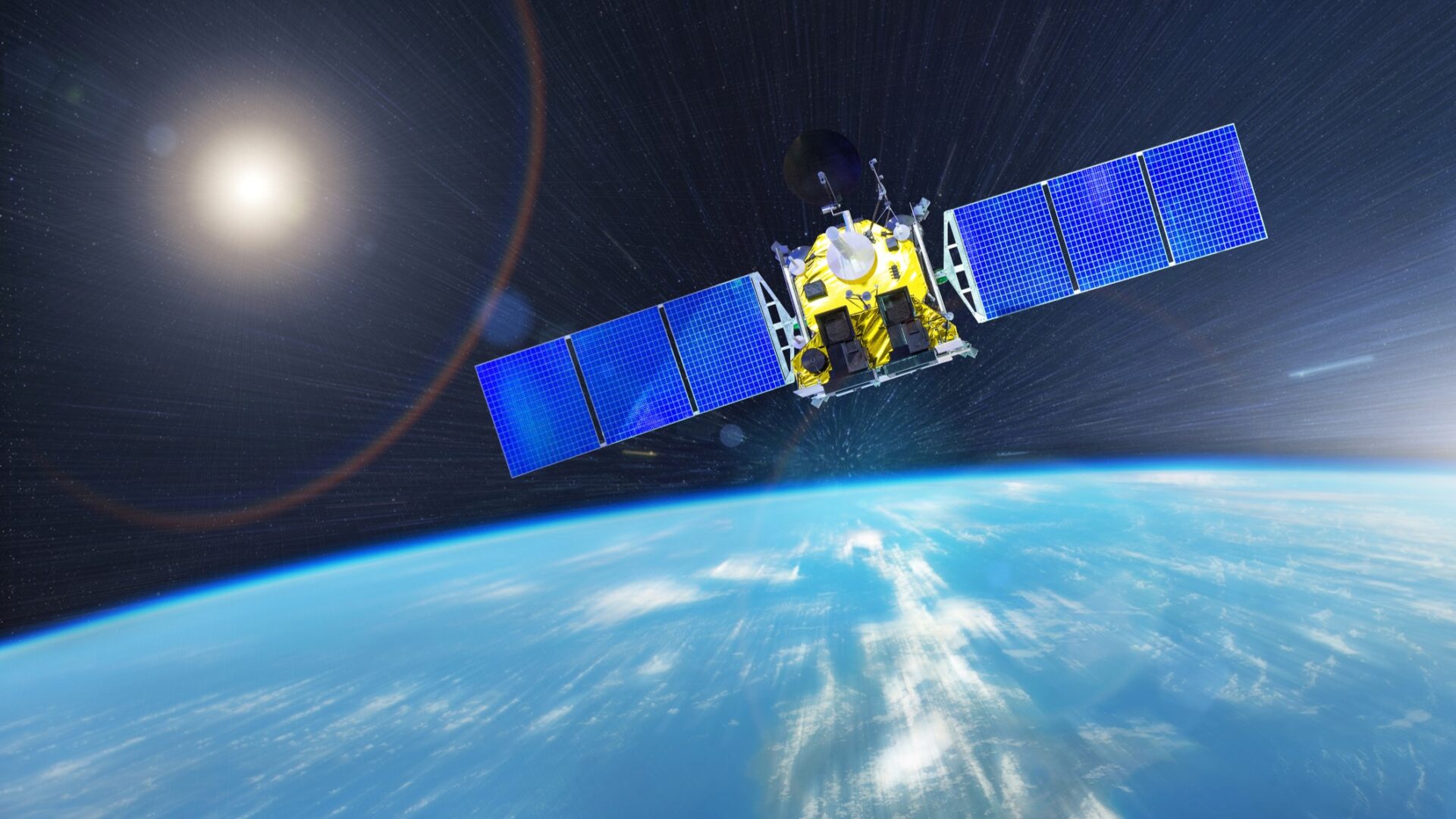Amazon’s Project Kuiper is making a bold move to enter India’s satellite internet market, aiming to rival Elon Musk’s Starlink. The company has submitted an application to the Department of Telecommunications (DoT) for a Global Mobile Personal Communications by Satellite (GMPCS) license, seeking swift approval to commence operations in the country.
What Is Project Kuiper?
Project Kuiper is Amazon’s ambitious initiative to provide high-speed, low-latency broadband internet globally through a constellation of over 3,200 low Earth orbit (LEO) satellites. The project aims to bridge the digital divide by offering internet access to underserved and remote regions. In April 2025, Amazon launched its first batch of 27 satellites, marking a significant step toward realizing this vision.
India: A Strategic Market for Satellite Internet
India, with a population exceeding 1.4 billion, presents a vast and diverse market for satellite internet services. While urban areas have seen significant improvements in internet connectivity, rural and remote regions still face challenges in accessing reliable broadband. Satellite internet offers a viable solution to bridge this gap, making India a strategic focus for global satellite internet providers.
Kuiper’s Plans in India
Project Kuiper plans to establish a robust infrastructure in India, including the deployment of 10 ground gateways and two points of presence in Mumbai and Chennai. These facilities will serve as critical hubs for satellite communications, ensuring efficient data transmission between users and the satellite constellation. The company aims to launch commercial services later this year, contingent upon receiving the necessary regulatory approvals.
Competition in the Indian Satellite Internet Market
Project Kuiper is entering a competitive market already featuring players like Starlink, Bharti Airtel-backed OneWeb, and JioSpaceFiber. Starlink, operated by SpaceX, has partnered with Bharti Airtel to introduce satellite internet services in India. OneWeb, a joint venture between Bharti Airtel and Eutelsat, has been actively working to expand its satellite broadband services across the country. JioSpaceFiber, backed by Reliance Jio, is also gearing up to provide satellite-based gigabit broadband services.
Regulatory Landscape
The Department of Telecommunications (DoT) plays a pivotal role in regulating satellite internet services in India. Project Kuiper’s application for a GMPCS license is currently under review, and the company is seeking expedited approval to commence operations. The regulatory framework ensures that satellite internet providers adhere to national standards and contribute to the country’s digital infrastructure development.
Challenges and Considerations
While the entry of Project Kuiper into the Indian market holds promise, several challenges need to be addressed. The cost of satellite internet services remains a significant consideration, especially in price-sensitive markets like India. Ensuring affordable pricing without compromising service quality will be crucial for widespread adoption. Additionally, the deployment of satellite infrastructure requires substantial investment and coordination with local authorities to ensure compliance with regulations and minimize environmental impact.
As Project Kuiper prepares to launch its services in India, the competition in the satellite internet market is expected to intensify. The presence of multiple global and domestic players will likely lead to improved service offerings, competitive pricing, and accelerated infrastructure development. For consumers, this translates to better access to high-speed internet, even in remote and underserved regions.
The successful deployment and operation of satellite internet services in India could serve as a model for other countries with similar connectivity challenges. As the digital landscape continues to evolve, initiatives like Project Kuiper play a pivotal role in shaping the future of global internet accessibility.



















